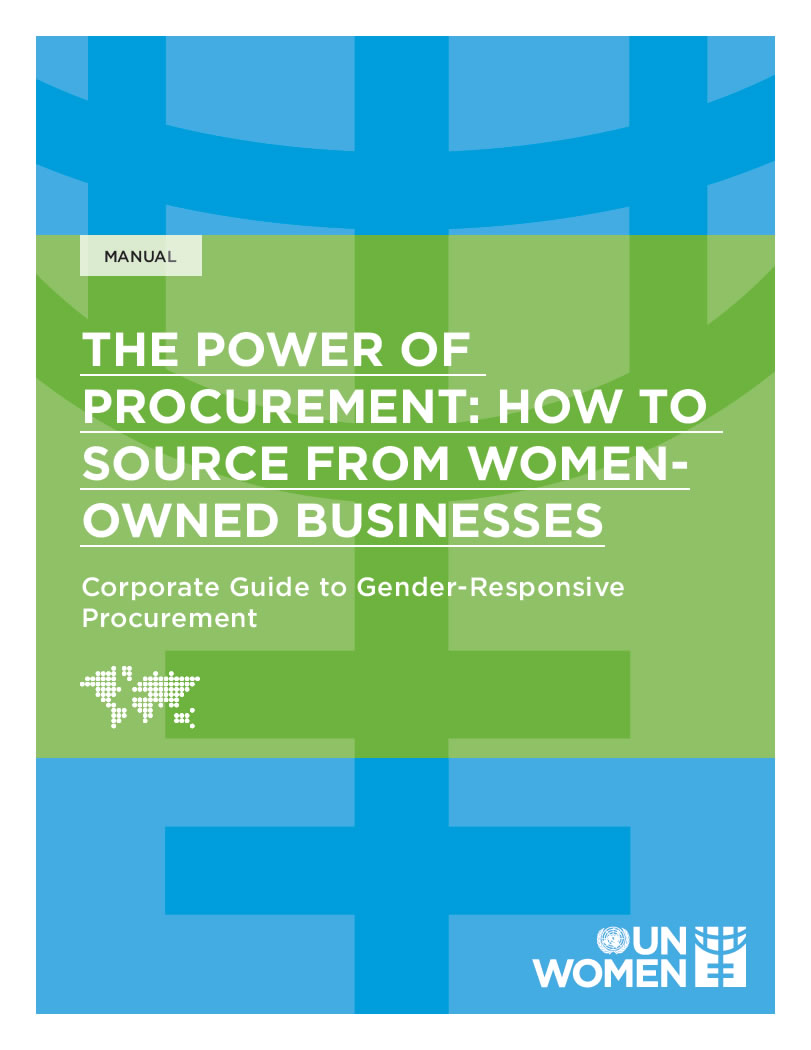How to become a UN Women vendor
As of 2022, UN Women has vendors from 168 countries, and the procurement value grew by 17.7 per cent from the previous year (“2021 annual statistical report on UN procurement”). UN Women endeavours to continually expand its vendor pool and source from a diverse range of suppliers in order to promote competition and sustainability, with greater emphasis on gender-responsive procurement practices.
Prospective vendors interested in doing business with UN Women are expected to:
- Regularly check for new procurement notices on the “Current solicitations” feed, as well as on the United Nations Global Marketplace (UNGM) and the Quantum ERP (Oracle) platform.
- Align with the Sustainable Development Goals, particularly Goal 5 (gender equality) and Goal 8 (decent work and economic growth).
- Familiarize themselves with and adhere to UN Women’s standard contract templates and general conditions of contract.
- Understand UN Women’s procurement procedures.
- Respond promptly to inquiries or requests for offers from UN Women.
- Abide by the “UN supplier code of conduct”, which outlines the expectations for all vendors doing business with UN Women and other UN agencies.
- UN Women also strongly encourages vendors to sign the Women’s Empowerment Principles.
Vendors shall not be considered eligible if they:
- are under procurement prohibition or suspension by any organizations in the UN system or by entities whose ineligibility vendor lists are recognized by UN Women (see the list of ineligible vendors), or
- fail to satisfy the requirements defined in the solicitation documents.
Latest news
Featured publication
The power of procurement: How to source from women-owned businesses
This manual provides corporations with a deeper understanding of the barriers and challenges preventing women-owned businesses from accessing and fully participating in local and global values chains. It also provides sensible, actionable steps that corporations can take with their strategic sourcing decisions to evaluate the diversity of their supplier base and to increase the share of women-owned businesses in their procurement.
